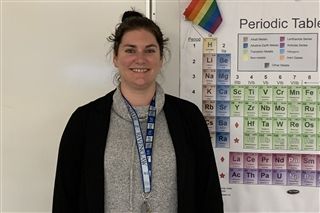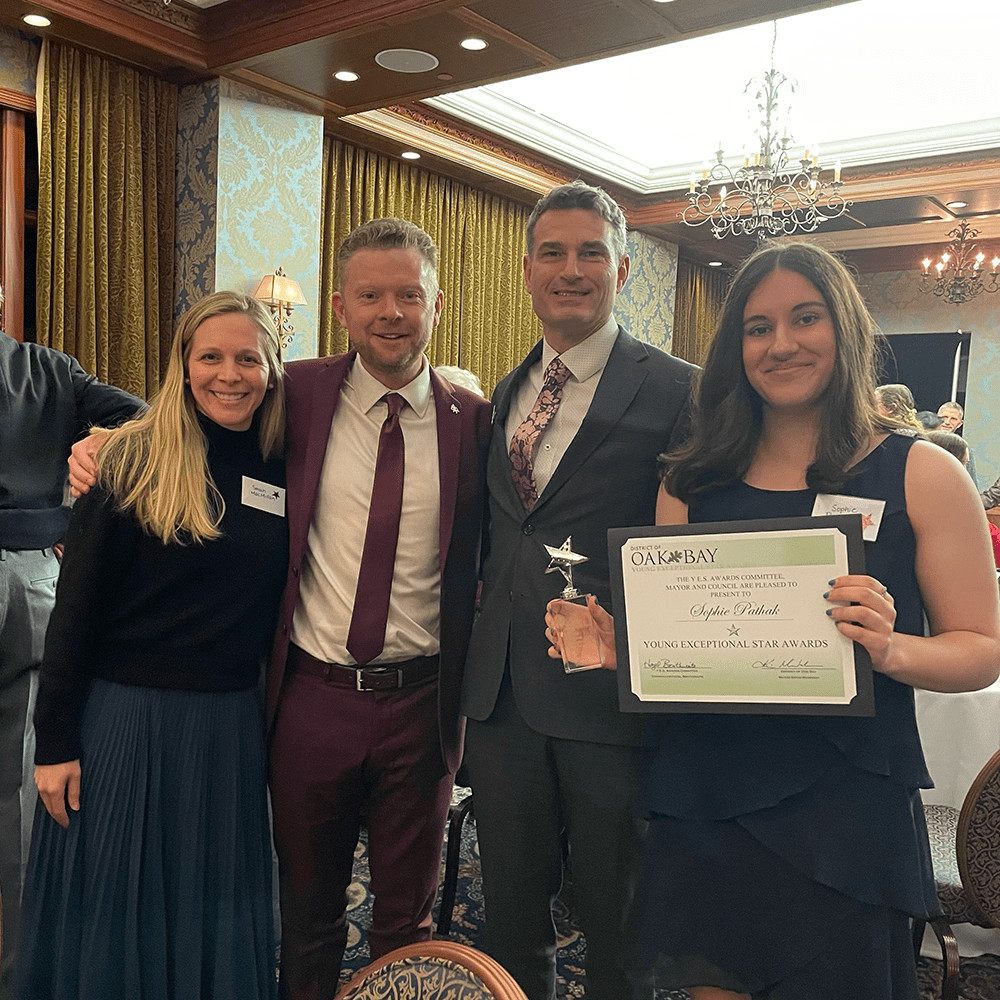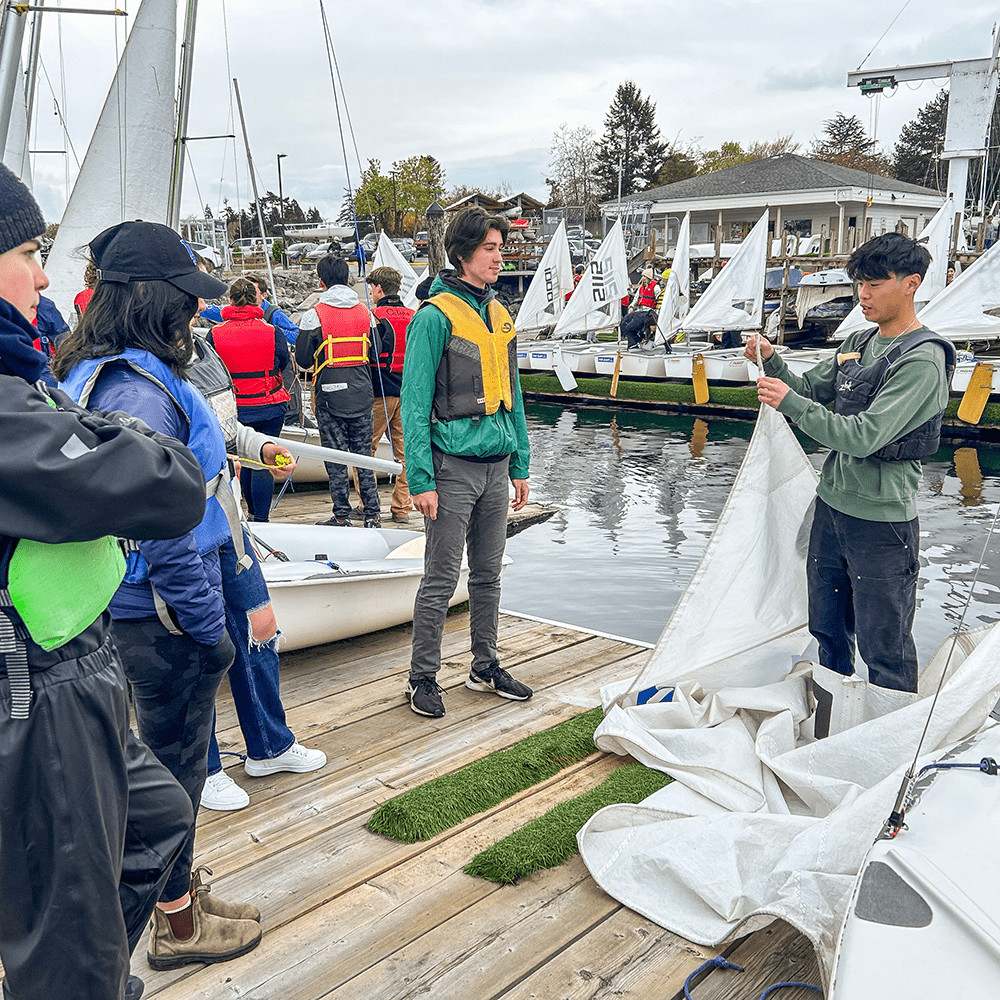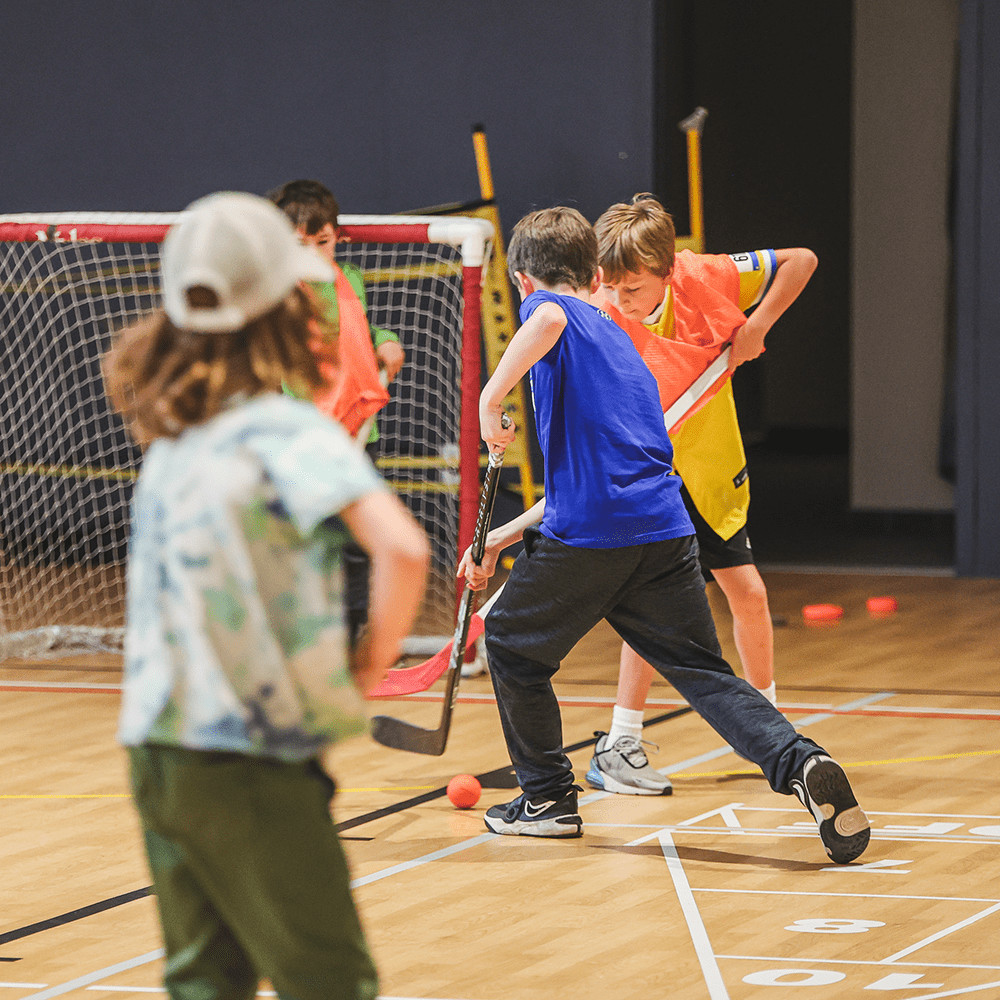Grade 9 Science teacher, Ms Simard, answered some questions about Science Fair:
What is Science Fair about?
Science Fair is an opportunity for students to design their own science experiment or project. It can be done within a classroom, but it is also part of a much larger program where students get a chance to participate in local, regional and national science competitions (if they wish to!). In Grade 9 Science, we work for a few months on this large project where students brainstorm ideas for their projects, design a method, do the experiment and analyze their data. They will present their conclusions at a local GNS Science Fair in February. Students will also have an opportunity to self-select for participating in the judging process (with older GNS students) for a chance to participate in a competitive Science Fair at the Greater Victoria Regional Science Fair in April, at the University of Victoria.
What do you think is the most challenging part of Science Fair?
I really think that the hardest part is choosing the idea for the project! We have to consider so many factors—how much time do we have? What resources are available? Can we afford to buy certain tools? If we need to buy, will we receive the material on time? How in-depth can we go with the topic? Which of my 10 ideas would yield the best results? This is just like scientists have to do (consider funding, materials, employees, etc.)! The other challenge about mentoring science projects is that I want to guide my students without telling them what to do. Most of the learning happens from making some mistakes, reflecting and making changes to their ideas and projects. Therefore, I try my best to guide them without pushing them in specific directions. I was told once that the best scientific research supervisor would “never tell you what to do!”
What is your favourite part?
The best part for me has always been the Science Fair exhibition day. It’s where the students get to show off their hard work to their friends, families and community. Each student has such a unique project, it’s great to see them explain in their own words everything they have done, what conclusions they came up with, and what they could do next!
How long have you been teaching about Science Fair?
This is my fourth year running the GNS Science Fair for the Grade 9s. However, I have been involved in Science Fair as a mentor since 2006—you can do the math! I have mentored by now probably over 250 projects and judged close to 1000 projects at either regional or national fairs. I lost track! The great thing about it is that each year, I still get students to surprise me with new ideas that I have never seen before!
For many Grade 9 students, deciding on a topic required help from the provided links and websites on topic generators.
Reese Suntok ’26 said, “I came up with my topic about testing how fears change with age from an online generator. For me, I think the hardest part is finding time outside of school to continue my project because Science Fair is a project which students must continue outside of school.”
“My Science Fair project is seeing the effect that different UV lights have on bacteria,” explained Freya Simoneau ’26 when asked about her project. “I came up with this topic from one of the provided websites but I’m still really interested. I don’t know if it’s just me, but I don’t think there’s enough time to get all the documents and work done and completed.”
Kate Roed ’26 also chimed into the conversation, “My science fair project is about how moss can protect the soil from getting dry. I remembered learning about moss in the past and I’m interested in learning more about it. I also think that the hardest part is the amount of writing that we have to do in the limited time we have. There’s also a lot of focus that we need.”
Although students noted the large workload and the amount of writing waiting for them, they did find something to look forward to.
For Reese, it was having the freedom to test anything she wanted to and to “dive into a concept I was originally attracted to learning.” Both Kate and Freya agreed that they were looking forward to finishing the project.





